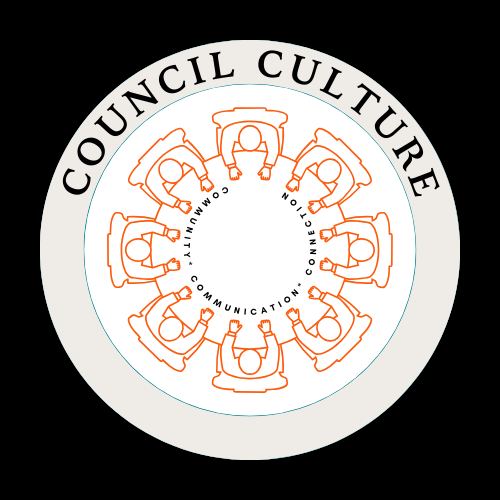Partnership Working in Local Government – More Than Just Good Intentions
In theory, partnership working in local government is a golden thread: a way to pool resources, align goals, and deliver better outcomes for communities. In practice, it sometimes reveals a more complicated tapestry frayed by miscommunication, power struggles, and unclear purpose.
Local councils don’t work in a vacuum. From unitary authorities to voluntary sector groups, effective collaboration can transform outcomes. But it demands more than structures and meetings; it requires cultural understanding.
One recurring challenge is how differently partners communicate. Public sector professionals may default to the “thinking” state. which is objective, policy-driven, and procedural. But people change behaviour through feeling, not just facts. Community partners and councillors often bring passion and urgency, which can be perceived as disruptive if emotional expression isn’t culturally welcomed.
Transactional Analysis (TA), particularly Paul Ware’s model of personality adaptations, offers a useful lens. Each person tends to engage the world through three doors:
The Open Door is the easiest point of contact. For someone analytical, this might be thinking; for others, it could be action or emotion.
The Target Door is where true growth and behaviour change occur. It’s the person’s most receptive area.
The Trap Door is where resistance lies. For a “Please People” adaptation, for example, their feelings might be the trap, they’ll avoid emotional honesty to maintain harmony.
When we don’t recognise these doorways in ourselves or others, partnerships can get stuck. We speak at each other through closed or trap doors, wondering why nothing lands.
Too often, partnerships falter not because people don’t care, but because these subtle dynamics go unnoticed. Trust and alignment are built in the quieter moments: the 1:1 chats, the tea breaks, and the conversations where openness and emotional literacy are welcomed.
As public sector challenges grow in complexity, partnership working isn’t a task on a to-do list; it’s a relational skill, both in-house and with the larger community. And it starts with how we meet each other, door by door.
